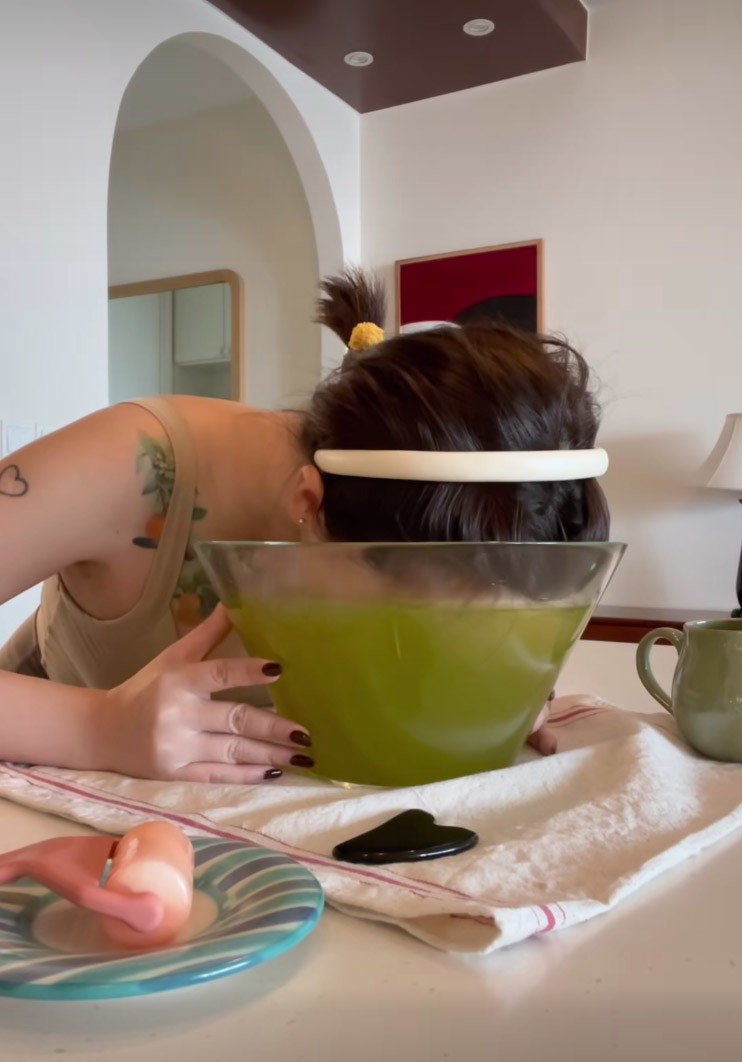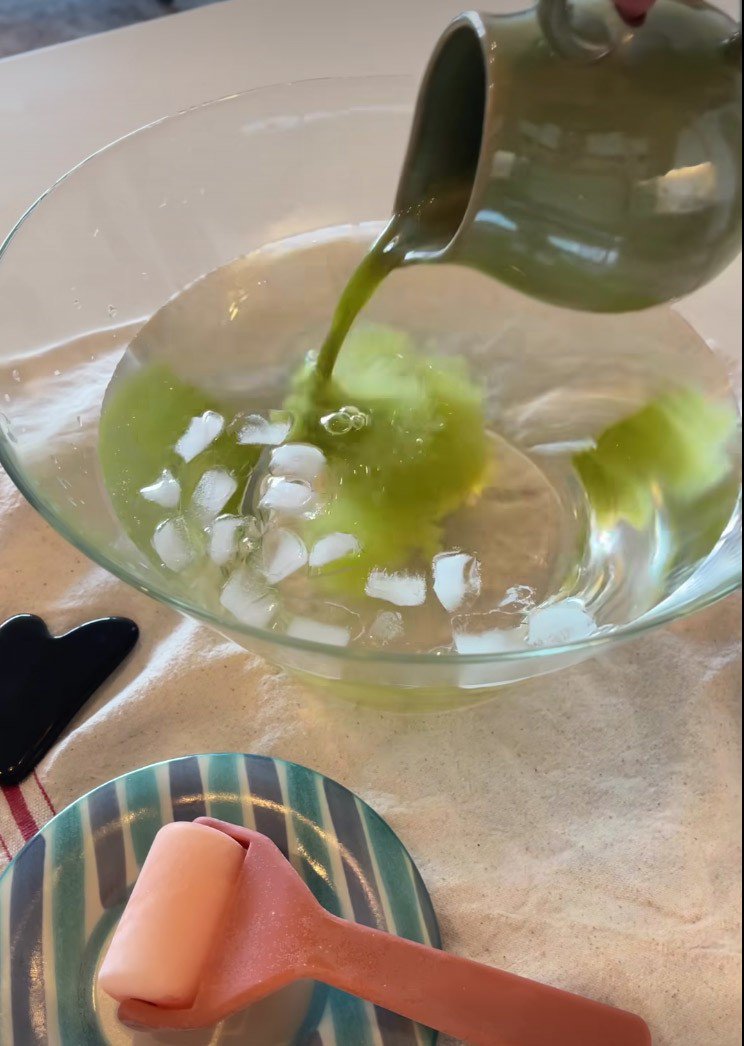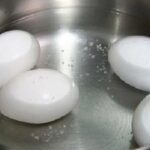Rinsing your face with cold water or ice water has long been a beauty regimen for many. Lately, many women have been following the trend of submerging their faces in ice water to improve their skin, making it smoother and more radiant. This method also has its pros and cons, which should be carefully considered before trying it.
Pros: Face washing with cold water actually has more benefits than you think. For dry skin, it helps to constrict pores, thereby reducing water loss. For acne-prone skin, cold water reduces sebum production. For those with red acne, cold water will reduce redness by preventing blood vessel dilation on the face.
Cons: However, face washing with cold water still has certain limitations. Cold water will tighten pores, which can cause bacteria and sebum to not be rinsed away but to penetrate deeper into the skin, causing inflammation or hidden acne. Therefore, many experts believe that instead of just washing your face with cold water, washing your face with warm water is the best way to end a long, stressful day.
Washing your face with ice water is a popular method these days.
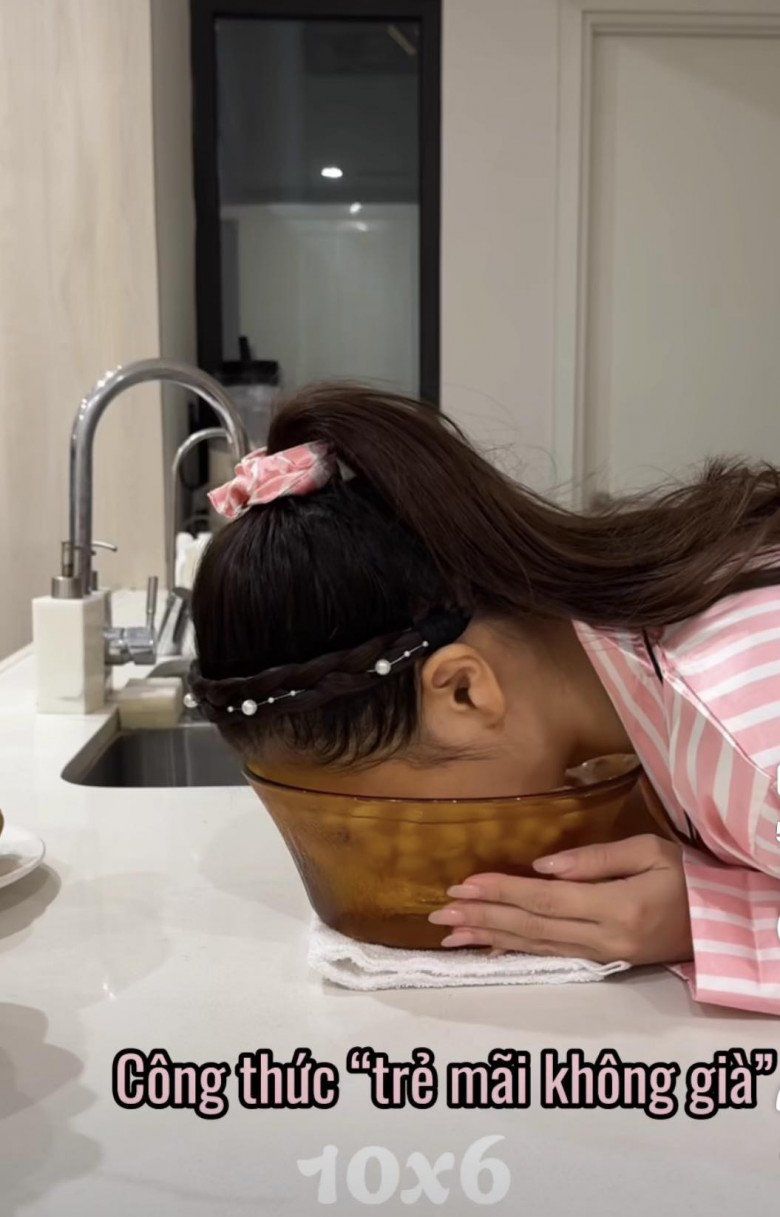
Face washing with cold water is believed to rejuvenate the skin.
Warm Water Face Wash
Many people dislike cold water and believe that warm water is better as it will help to open up the pores and push out dirt. However, this method also has its pros and cons.
Pros: Contrary to cold water, warm water will help to open up your pores to a moderate extent, enough to help clean out the dirt. At the same time, after washing your face with warm water, your skin will also absorb skincare products better.
Cons: However, if you use warm water on oily, acne-prone skin, it may remove sebum but then stimulate the skin to produce more oil to compensate for the lost moisture. Besides, washing your face with warm water usually takes a little longer because you have to make sure the water temperature is just right for your skin, not too hot, to avoid burns or negative effects on the skin’s surface.
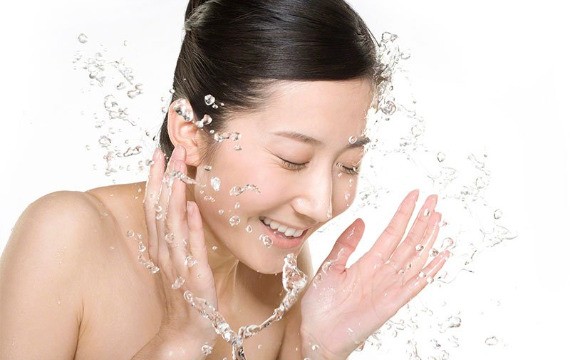
Nevertheless, warm water is still considered the best way to wash your face if you have acne.
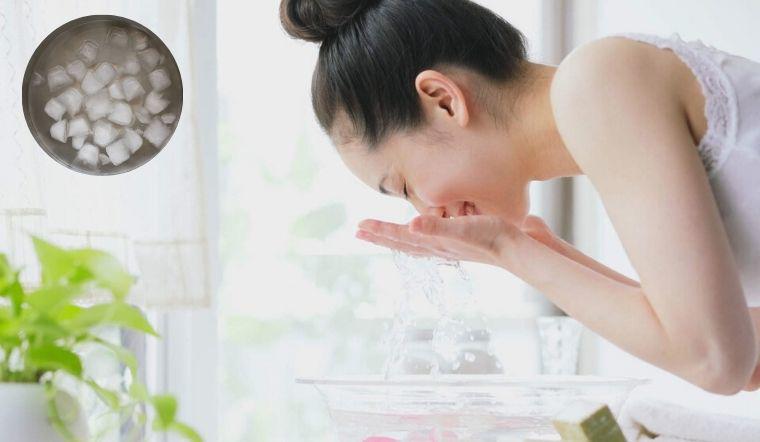
Washing your face with a combination of warm and cold water will make your skin look brighter and healthier.
In conclusion, both warm and cold water face washing have their own advantages. Ideally, you should first wash your face with warm water to remove makeup and pollutants from the day. Then, finish by rinsing with cold water to tighten pores and promote blood circulation for brighter, healthier skin. Combining these steps seamlessly will give you healthier, fresher skin every day.
9 Egg-cellent Tips to Avoid Cracked, Rubbery, and Hard-to-Peel Boiled Eggs
The art of boiling an egg may seem simple, but achieving that perfect soft, fragrant, and easily peelable egg is a challenge for many. Most people tend to just throw the eggs in a pot, turn on the heat, and wait for them to cook. However, this method often results in cracked eggs, loss of nutrients, and a difficult peeling process.
























